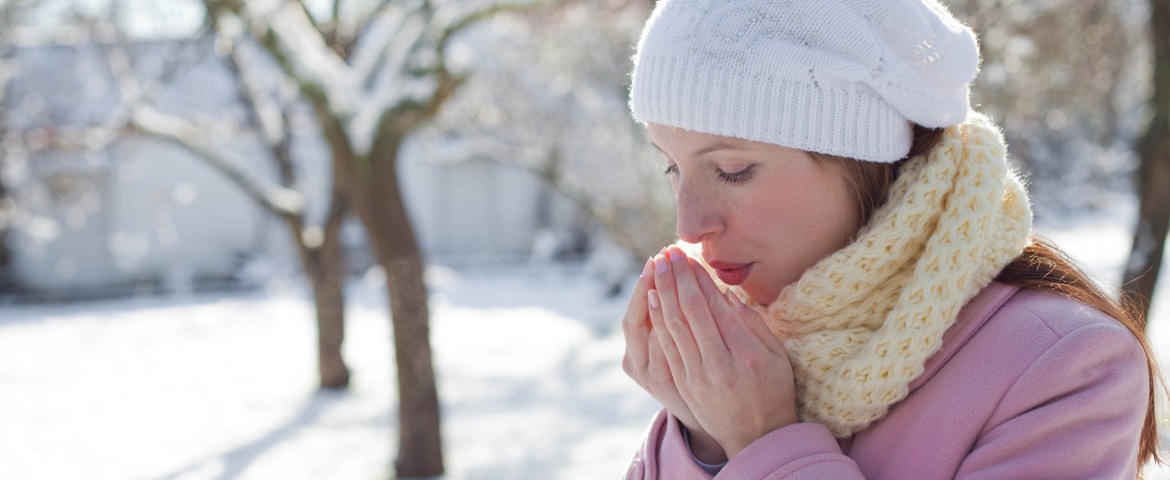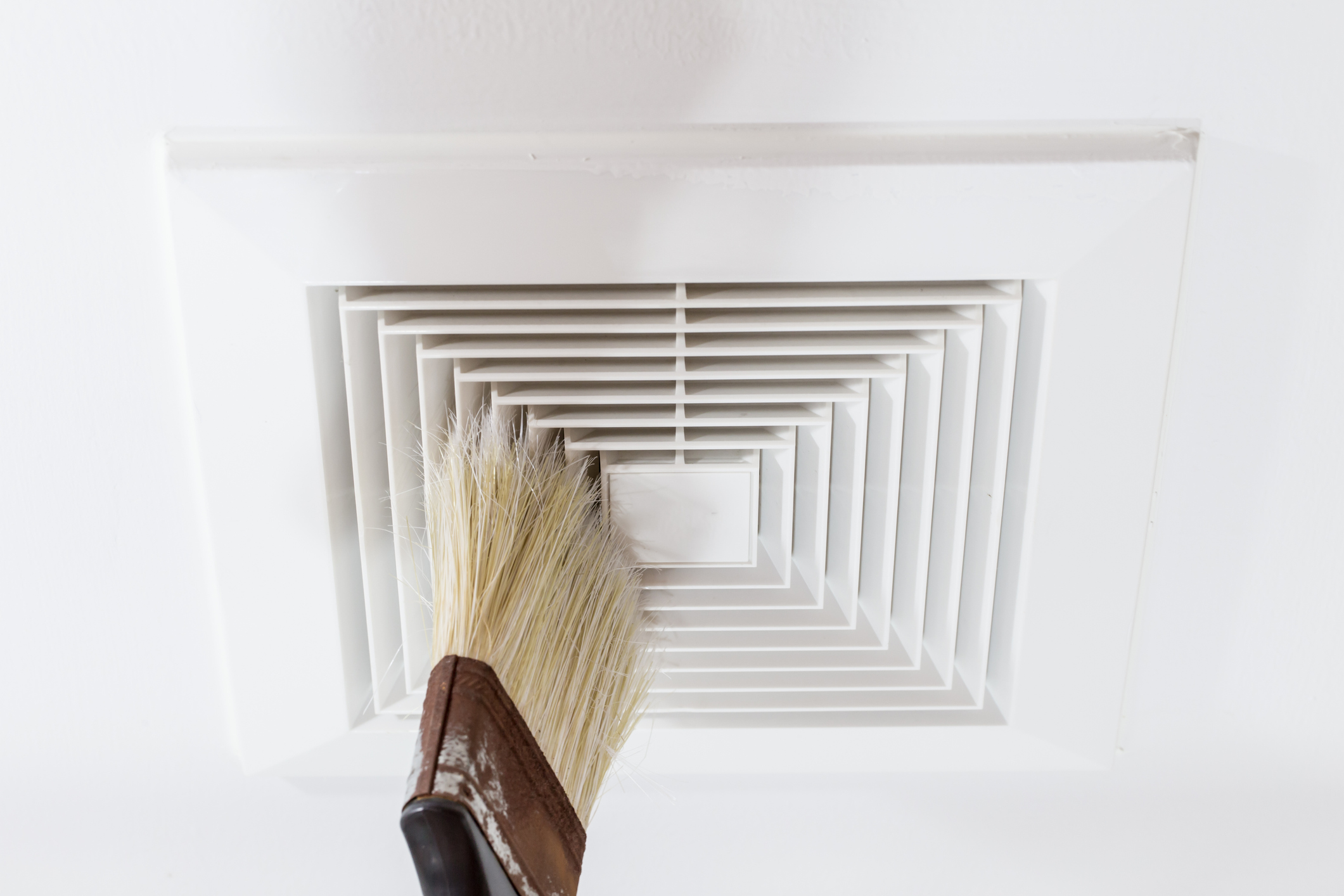So if youre coughing more or your chest is tighter at the moment youre not alone. Lots of people find their asthma symptoms get worse over winter because there are more triggers around at this time of year including chilly weather colds mould and chest infections.
Wintern asthma triggers seasonal variations in your indoor and outdoor worlds can cause inflammation in your lungs and trigger bronchospasm sudden narrowing of the airways.

Asthma triggers in winter.
Common allergy triggers lurk in many common laundry products and navigating sensitive options can be a challenge.
Tobacco smoke strong scents allergens such as pollen mold dust mites and animal dander exercise stress bacterial or viral infections.
For those with allergic asthma indoor allergens can become a major trigger during the winter.
Sinus infections allergies breathing in some chemicals and acid reflux can also trigger attacks.
This can vary from person to person but common triggers include pets and pet dander dust and mold and.
Other things that can set off your symptoms include.
Winter asthma learn your triggers.
When a mould source is present tiny spores are released in the air which can trigger asthma and allergy symptoms.
Triggers for winter asthma a trigger is something that causes you to have an asthma attack.
Drape a scarf across your mouth and nose or wear a winter face mask that.
The symptoms can include nose eye and skin irritation sneezing or wheezing and severe breathing difficulties in some people.
A cold or respiratory tract infection can exacerbate asthma symptoms.
People with asthma not.
When you inhale something that triggers your asthma your airways the tubes in your lungs that.
Dust mites mold and pet dander can all trigger allergy and asthma symptoms if not under control.
But you dont have to put up with winter asthma symptoms.
For many people asthma is harder to control during winter months for a few reasons.
Infections linked to influenza flu colds and respiratory syncytial virus rsv can trigger an asthma attack.
These pulmonary changes result in asthma symptoms such as wheezing shortness of breath and a sensation of chest tightness.
First the cold dry air can irritate your airways and cause the muscles inside to spasm.
Then theres all those cold and flu viruses going around.
Tips to avoid cold air.
Https Encrypted Tbn0 Gstatic Com Images Q Tbn 3aand9gcrvbqmdbzlhsnrdwa4qeni3052zfaxovepkitsotrgaqmadgzk0 Usqp Cau




















No comments:
Post a Comment